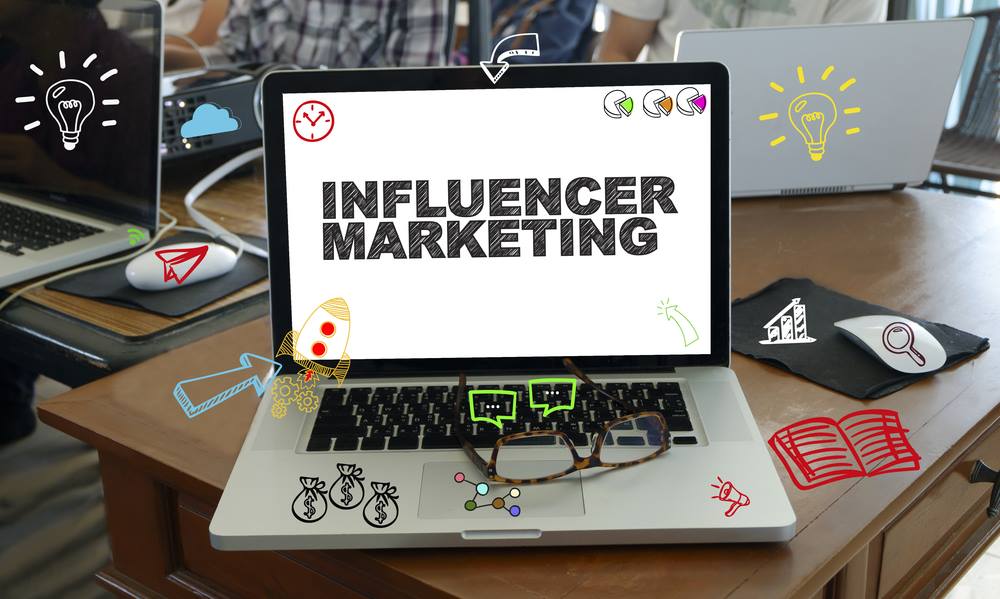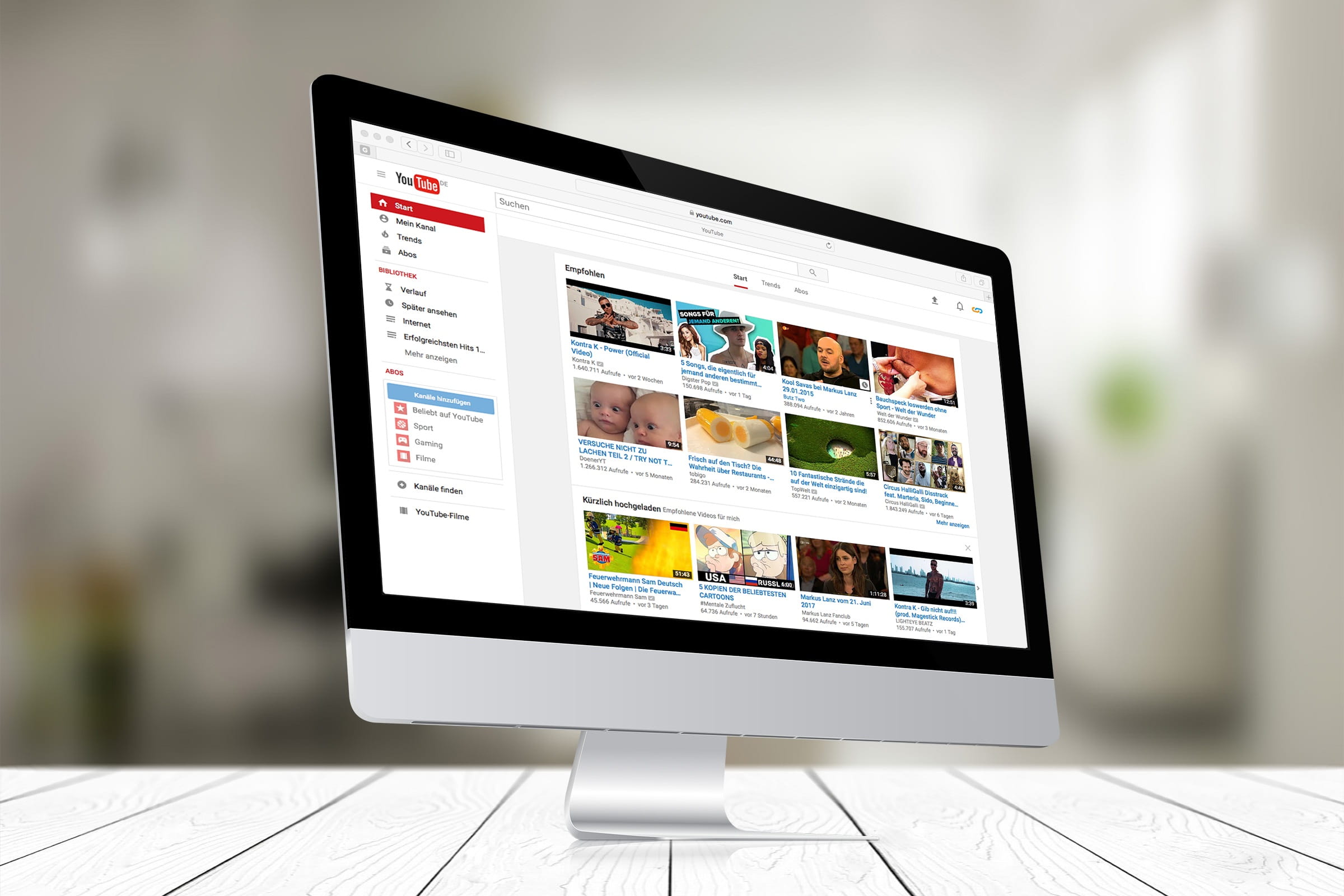Influencer marketing has radically changed the way marketing is done. Though influencer marketing as a concept is not new, the rise of social media influencer marketing has catapulted small, unknown brands to the number one position within weeks, if not months.
This implied form of marketing is proven to be more effective than traditional ways of marketing. Conventionally, products are ‘pushed’ to the audience with the help of a celebrity. On the other hand, influencers ‘recommend’ particular products to their followers. As these influencers are seen as friends and role models, their recommendations are seen as genuine, motivating people to make a purchase.
An increasing number of marketers are spending more of their budget on influencer marketing. According to a survey by the Association of National Advertisers, only 36% of marketers feel influencer marketing is effective.
Even then, the popularity of influencer marketing continues to rise. At the same time, there are some reasons brands and marketers are hesitant to deploy an influencer marketing campaign.
High Costs
Across niches, brands big and small are pouring millions of dollars into influencer marketing campaigns. There is intense competition for the influencers with the most number of followers- brands are paying thousands of dollars to celebrities and famous influencers for even a single social media post. On the other hand, brands with tighter budgets are hiring droves of micro and nano-influencers to get the message across. However, finding the right micro and nano-influencers can be a time-consuming affair, needing the services of influencer marketplace.
Sensory Overload
With so many brands competing for the attention of a limited audience, sponsored influencer posts are found everywhere online. People now know everything about influencer marketing and do not trust sponsored posts easily. Many influencers are now doing the same things within their niche, causing a sensory overload. There is always the danger that people will just ignore posts instead of interacting with them.
Mistrust over suspicious influencers
Becoming an ‘influencer’ is now seen as a profession, where achieving sales targets is the aim and unique content creation has taken a backseat. Many such ‘influencers’ post online just to get influencer contracts, inviting suspicion and making people unfollow them due to this. If an influencer comes up with too many sponsored posts, many followers tend to unfollow such people.
Measuring ROI is hard
Most marketers agree that measuring ROI and improving it is the most challenging task they face. Conversion rates, search volume, media mentions, and other metrics are difficult to trace and do not provide the complete picture of the results. Many experienced marketers believe that they cannot solely rely on influencer marketing, they also invest in paid advertisements, community events, and content creation. Sometimes, when results are far from satisfactory, brands reallocate the budget to other forms of marketing.
Easy manipulation is possible
Fraudsters have found ways to fake influence on social media by artificially increasing the number of followers and engagement data. No social media platform is spared, many have millions of fake ‘zombie’ accounts who fake details to get lucrative influencer marketing contracts. Marketers are well aware of this and have to do due diligence to ensure they aren’t cheated on their money.
The solution?
Yes, influencer marketing does have its pitfalls. That does not mean you have to ditch it completely. What matters is how much work you put into the campaign. It should be well planned, researched, and implemented. Here‘s what this means-
Find the right target customers- The biggest benefit of influencer marketing is the way you can target a specific niche of customers. To do this, you have to create buyer’s personas to know just where you can interact with these influencers online. Once you do so, you can then engage with them constructively and interestingly with the help of influencers. Many brands even interact with their influencers offline to know more about them.
Encourage social sharing- Liking, sharing, and commenting on a sponsored post organically can help it go viral. Many brands encourage their customers to share their posts for sweepstakes and other promotional activities.
Offer hard-to-resist deals and promotions- For B2C brands, it becomes increasingly important to offer something more than expected. Just pouring in large amounts of money in influencer marketing isn’t enough. What matters is how you give more than what the customer expects. This means running an influencer campaign where interacting with the influencer gives customers deals and promotions that would entice them to buy.
Build engaging brand partnerships- People generally interact well with brands that they relate to. For example, a well-to-do person interested in status symbols would love to dine at high-end restaurants and purchase expensive clothes. When people can relate to the brand at a level they desire, it becomes helpful for the brand to market its goods. For this, brands need to hire influencers that work with that specific niche.
Wrap up
If done correctly, influencer marketing can help brands reach the top position with limited resources. To ensure this, a lot of thought and careful planning and execution is needed for a successful campaign. Only then is influencer marketing worth the investment.






